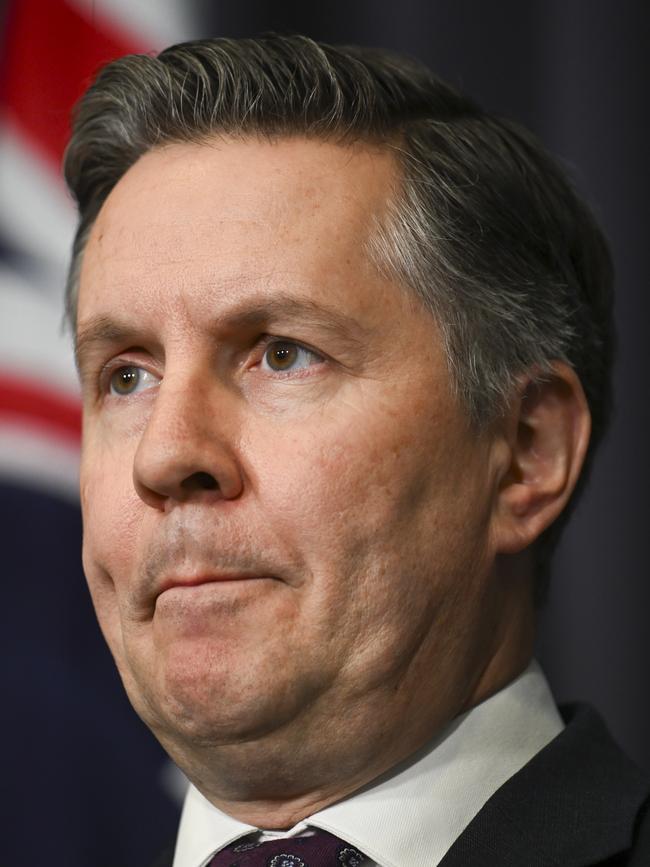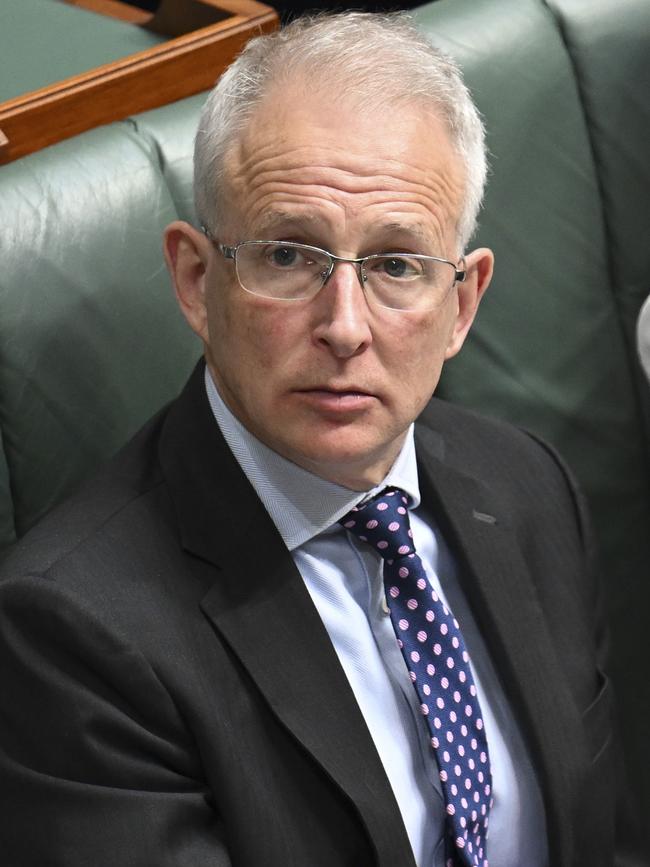Bureaucratic ‘deficiencies’ in medicine funding underscore access crisis
An investigation by the national auditor has shown Australia’s national drug subsidy assessor faces ‘staff shortages, claim backlogs’ and bureaucratic shambles.

The government’s independent medicine funding assessor, still recovering from a public failure to process months worth of subsidy applications, has been lashed by the Australian National Audit Office.
Newly released Health Department correspondence shows an unprecedented mass deferral of drug funding proposals in October had multiple systemic causes that will, by the department’s own admission, “take years, rather than weeks or months” to address.
At the end of October, the Pharmaceutical Benefits Advisory Committee, an independent arbiter tasked with determining which new drugs should be recommended for subsidy, announced it had pushed 45 submissions from the agenda of its March 2025 meeting. Of those delayed, 24 were deemed “major” submissions.
The decision was made without the input of patient groups and was widely panned given the PBAC meets only three times a year, thereby placing a 120-day stall on the affected submissions. Health Minister Mark Butler was quick to announce an additional emergency PBAC meeting to meet demand.

With average wait times for subsidies sitting at 466 days, the government has been at pains to quicken its decision-making between approving a drug for use and bankrolling it under Medicare.
Previous reform efforts have targeted the dearth of contractors available to assist the PBAC, but the ANAO laid blame on the Albanese government’s administration of the PBAC.
It pointed to a slow bureaucracy that had poor mechanisms to consult with the patients most directly affected by its decisions, often resulting in protracted waits on life-saving medicines for conditions with no alternative treatment available.
In a new report, the ANAO deemed the Pharmaceutical Benefits Scheme, under which the PBAC operates, only “partly effective”, having consistently failed to meet performance requirements since 2022.
“While arrangements for managing the cost of the PBS are largely effective, there were deficiencies in arrangements for whole-of-program management and administering the delivery of PBS services and payments,” the report’s conclusion reads.
“While Health has developed a program management plan for the PBS, it does not adequately cover arrangements for managing PBS costs, stakeholder engagement and whole-of-program performance measurement.
“Health’s support to independent statutory bodies with responsibilities for the PBS could be improved by developing governance documentation for the Pharmaceutical Benefits Advisory Committee.”
Patient groups frustrated with the scant information made public during the government’s effort to stem its submission overload were vindicated by the ANAO report, which argued the PBS had not formed “an overarching stakeholder engagement plan”. It has since agreed to develop such a plan.
As a part of its accountability and oversight in delivering social services, the PBS reports to Services Australia, which in turn provides monthly performance measures it must meet.

Between August 2022 and June 2024 the PBS was repeatedly successful in meeting only two of the nine targets set for it. These failures were attributed to “staff shortages, claim backlogs and needing to focus on other priorities”.
Opposition government services spokesman Paul Fletcher argued the findings indicated a decline in “Australia’s social security safety net”.
“This report is yet another example of why Labor can’t be trusted to deliver the services Australians rely on,” Mr Fletcher said.
“This deeply concerning report confirms that, as a direct result of Labor’s maladministration, serious work is required to restore the integrity of Australia’s social security safety net so that Australians can access the medicines they need.”
In departmental advice provided to Mr Butler at the very inception of the PBAC’s deferral crisis on October 2, staff outlined the extent of its shortfall in expert assessors.
“Developing the capability and expanding the capacity of a highly skilled Australian (Health Technology Assessment) workforce will take years, rather than weeks or months,” the brief reads.
“The large number of submissions expected for the March 2025 PBAC meeting represents significant reputational risks for the government, and the quality and integrity of PBAC processes.”
In an effort to pre-empt calls for reform, departmental staff argued a change to PBAC policy could run counter to public governance and health law, additionally highlighting the slow time frame for legal reform compared to the imminent assessment deluge.
“It is not clear whether changes of this nature would require policy authority from the Prime Minister/cabinet, and may not in any case be achievable within the time frames required for assessments to be finalised for the March 2025 PBAC meeting,” it reads.
The PBAC has since advised it will begin seeking international medical experts to assess Australian drug submissions.
“There is a huge pipeline of new medicines and treatments coming and that is why our government undertook the HTA Review,” a spokesperson for the Health Minister said.
“The government continues to list medicines at the earliest opportunity once recommended by the PBAC and all relevant listing requirements have been met.”








To join the conversation, please log in. Don't have an account? Register
Join the conversation, you are commenting as Logout